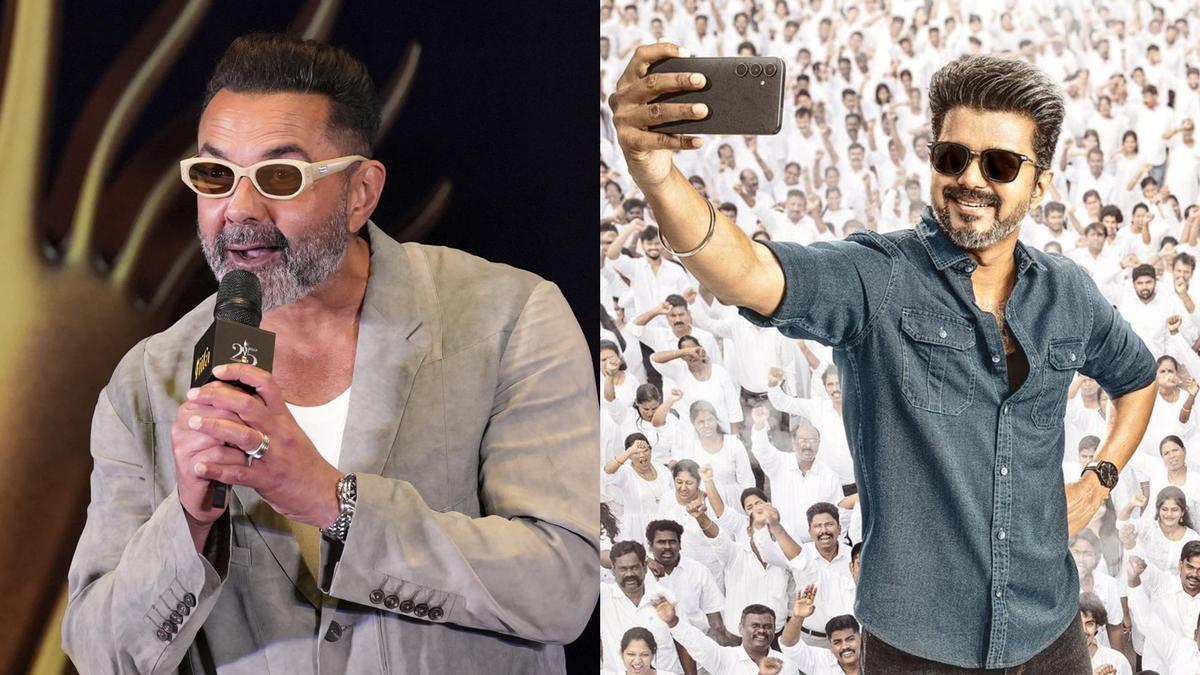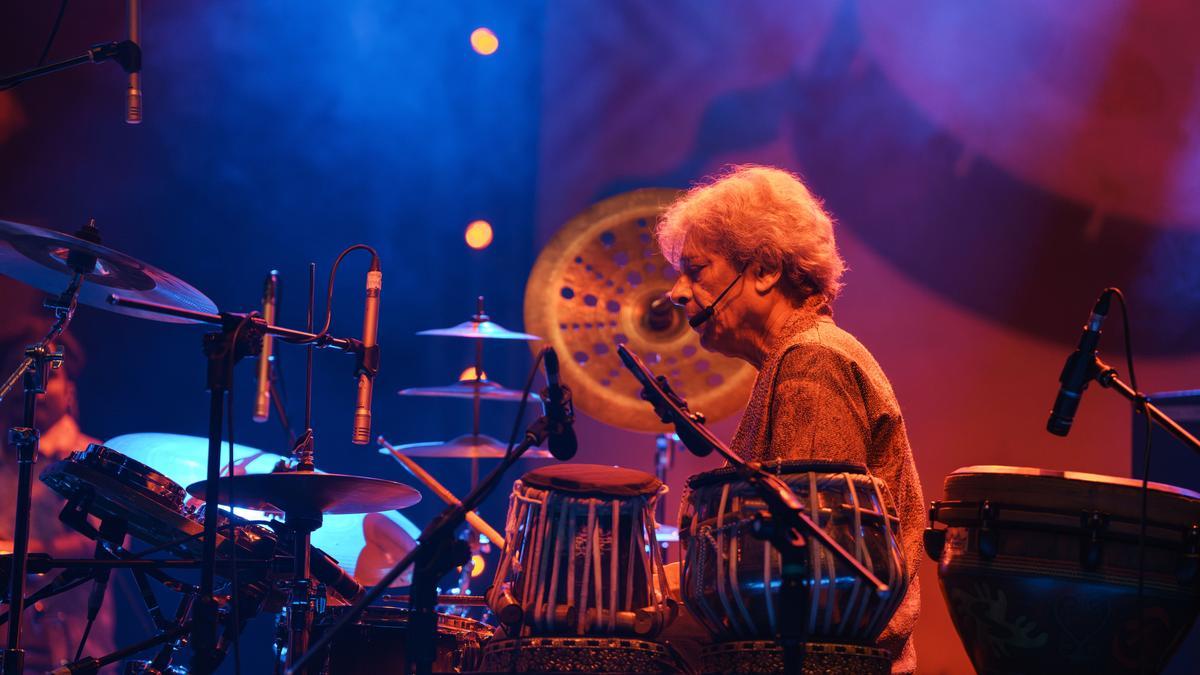
The glistening veneer of French cinema faces a stark confrontation with its darker past as actors step forward with harrowing accounts of sexual and physical abuse during their teenage years, casting a long shadow over the nation’s vaunted film industry. This distressing reveal stands juxtaposed against the anticipation of critical acclaim at the upcoming Academy Awards, striking at the heart of France’s cultural pride.
As the glittering Cesar Awards approach, akin to the Oscars and broadcast live on television, French media anticipate a poignant moment from Judith Godrèche. The renowned actress plans to address the pervasive issue of sexual violence within the industry, potentially marking a significant juncture for the #MeToo movement in France.
Godrèche, whose career spans decades of on-screen success, has in recent interviews condemned an entrenched ‘omerta’ – a code of silence – that has historically shrouded the film sector. Meanwhile, French cinema is set to bask in the glow of international recognition at the Oscars next month with Justine Triet’s “Anatomy of a Fall” in the spotlight.
At 51 years of age, Godrèche has recently brought forth accusations against two film directors of rape and sexual abuse dating back to her adolescence. The Paris prosecutor’s office confirmed that she formally filed a complaint earlier this month. One of the accused, film director Benoît Jacquot, engaged in a six-year relationship with Godrèche that began when she was merely 14 and he was a man 25 years her senior. Godrèche levels charges of rape and physical abuse against Jacquot.
The second accusation falls upon Jacques Doillon, who Godrèche alleges sexually abused her at the age of 15 during his directorship of a film. Doillon’s seniority over Godrèche extends by 28 years. Both Jacquot and Doillon staunchly deny the allegations brought against them.
In an emotionally charged interview on France Inter radio earlier this month, Godrèche painfully recounted her experience saying she felt indoctrinated, akin to joining a cult, under Jacquot’s influence. She described the relationship as fraught with violence, confinement, and manipulation. Their relationship reportedly began on the set of Jacquot’s film “The Beggars” in 1986.
Previously, Godrèche had obliquely referred to her experience with Jacquot in an autobiographical TV show called “Icon of French Cinema” aired in December. In 2017, Godrèche also publicly accused American film producer Harvey Weinstein of sexual assault when she was 24, joining the chorus of voices in the burgeoning #MeToo movement.
Jacquot, in response to the accusations, declared to Le Monde newspaper that he did not feel “directly concerned” by the accusations, reminiscing about the love he had for Godrèche at the time, while categorically denying any abuse of authority. Meanwhile, Doillon characterized these developments as unjust in a statement to Agence France-Presse, decrying what he referred to as arbitrary denunciations and falsehoods.
The ripple effects of Godrèche’s bravery have empowered other women to disclose their experiences. Isild Le Besco, now 41, has accused Jacquot of inflicting “psychological and physical violence” during their relationship which commenced when she was 16 and he was 52. Moreover, Le Besco claims Doillon favored another actress for a role she had been set to play after she rebuffed his sexual advances.
Additionally, Anna Mouglalis, 45, has come forward with an accusation of sexual assault against Doillon that allegedly took place in 2011.
The French film industry has been no stranger to such scandals; recent years have seen multiple high-profile cases of sexual misconduct. Notably, actor Gérard Depardieu faced accusations, and the 2020 Cesar Awards were marred by protests as director Roman Polanski was awarded in absentia despite ongoing legal troubles in the United States related to a rape charge dating back to 1977. Amid the controversy, actress Adèle Haenel, who herself had previously accused another French director of assault during her teens, made a statement by exiting the ceremony.
The unfolding events represent a sobering chapter for French cinema, as the glamour of red carpets increasingly contrasts with the urgent call to acknowledgment and change, exposing the imperative for an industry-wide reckoning with its sordid legacy of abuse and silence.










